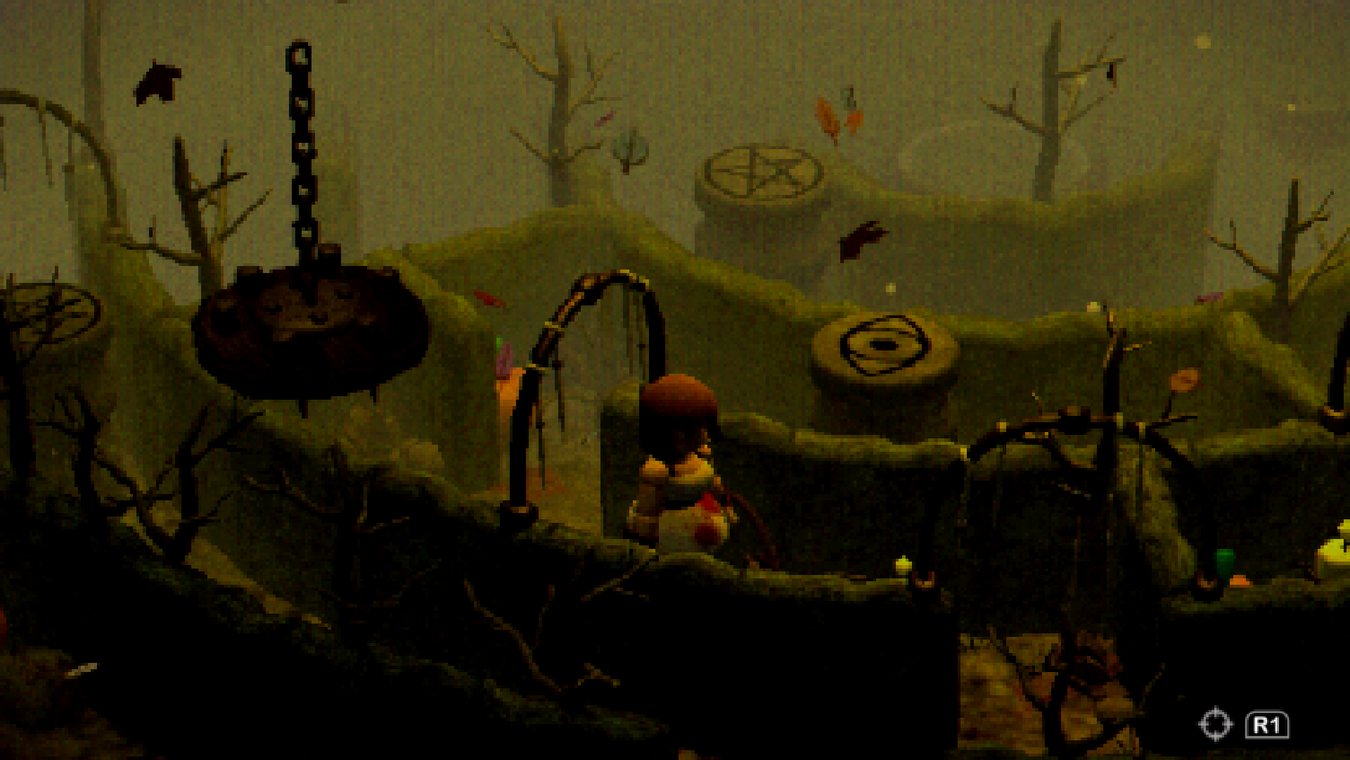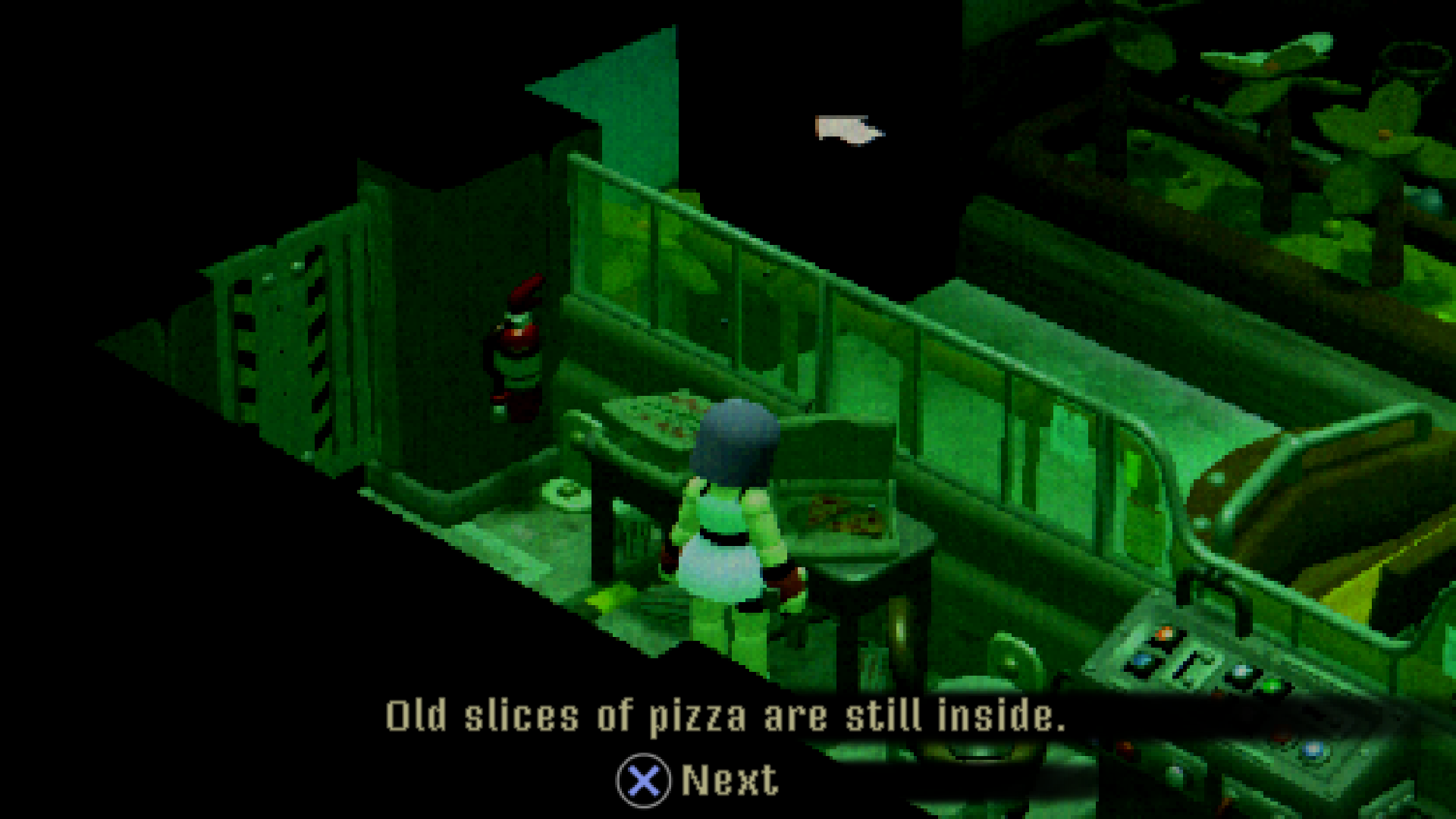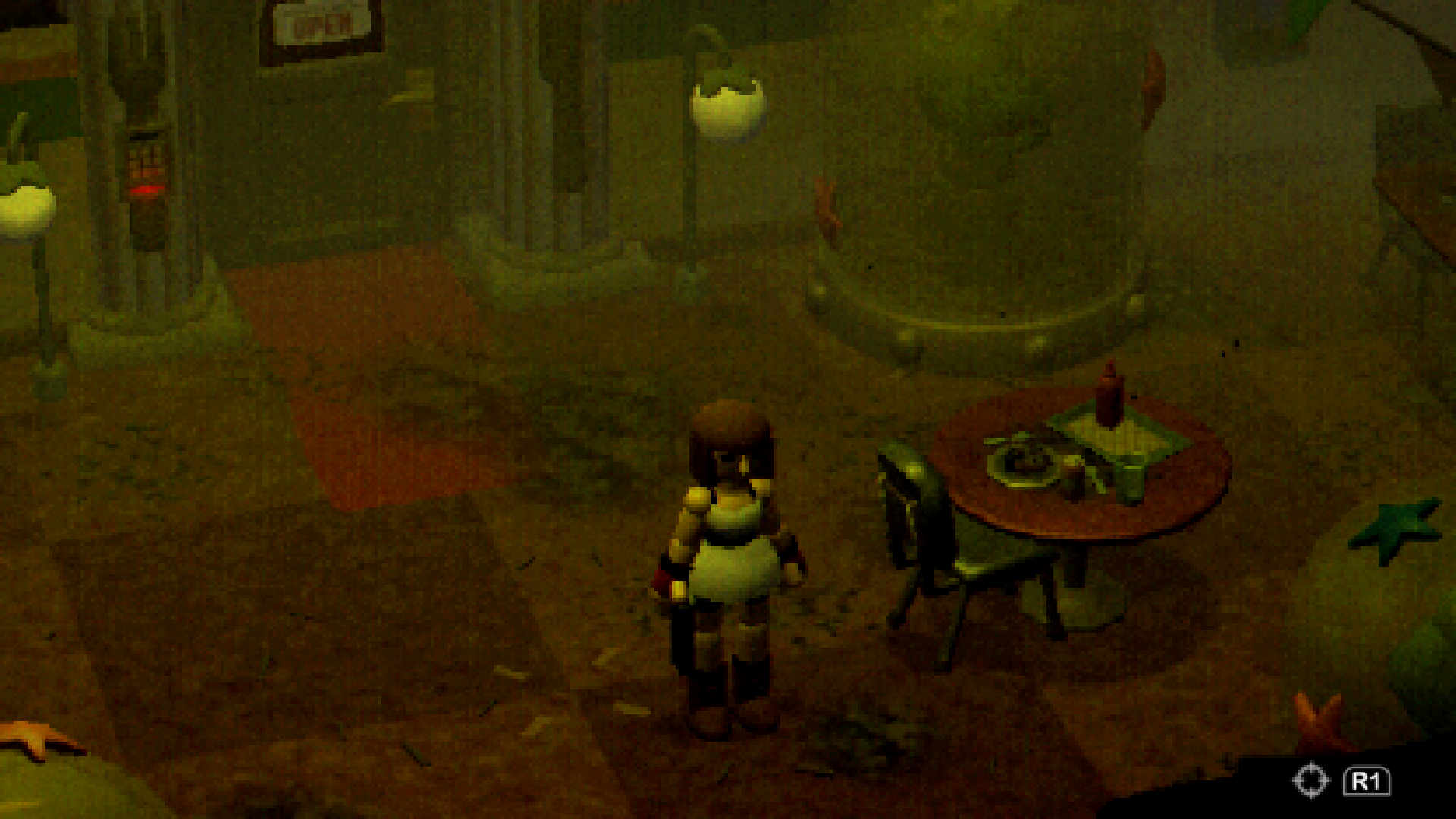Crow Country Is A Friendly Survival Horror Gamefor People Whose Greatest Fear Is Uncertainty
19 5月 2024

This "short" article describes some light mechanical spoilers on Survival Horror mode and is intended for players unfamiliar with the genres and ideas from which the game draws. I'm assuming that people who are into survival horror have already played the game or are not interested in reading about it until they have.
Crow Country begins in silence.
There is no explanation as to why the player character is there. There are no enemies in sight and all the doors are locked. All you have is a pistol and your curiosity.
I have fond memories of my slow trek to the save room. I could see the whole area pretty well, and there's nothing creepy about it. However, the silence is eerie -- I know that enemies will soon appear and swarm the area. It's strange to visit an amusement park that's so empty and devoid of life.
The only companions your player character has for a while are the notes left by the staff and the game magazine tips scattered around the map. The former reveals the staff's inability to keep the amusement park running by noting the disappearance of key objects, and the latter gives you game tips on how to navigate the game and avoid obstacles. I hadn't encountered the objects, rooms, or monsters they described. The foreshadowing kept me on the edge of my seat, expecting the corners and edges of the map to reveal something I'd read about.
I remember getting lost and wondering what to do. It wouldn't be long before I encountered a monster and got into the swing of things, but the first few minutes of the game awed me with its serene, depressing atmosphere.
There was a sense of wonder that the game created simply by evoking suggestions in my mind. I knew that survival horror games tend to be on the short side of things, but I remembered wondering how big the game's setting was going to be. How many rooms of monsters would I have to run through to get to the next checkpoint? What kind of riddles will I be solving? Where is Mr. Crow and why is the amusement park in such a run-down shape? Questions like these were swirling around in my head as I found my first monster and shot it down.
And the game somehow gets more atmospheric.
As I walk back and forth looking for items to use for certain puzzles, I get mobbed by monsters. I glance at the ammo counter as I aim poorly for the headshots. It's not worth it. I let my character run away from the monsters as much as possible.
The puzzles, on the other hand, confuse me in a fun way. They are not based on the logic of real life: they depend on different devices, require strange visual clues, and password systems that can only be solved by reading seemingly unrelated documents. The puzzles are full of funny and quotable flavor text, making them more lively than usual. Setting this game in an amusement park makes the usual obscure puzzles more interesting to me: I can imagine that employees have to go through these hoops just to get a ride to work, so that kids and others can't exploit the system. This happens in real life, but it's much more exaggerated in the world of Crow Country.

These two elements intertwine to create an atmospheric feedback loop: enemies make exploration difficult, while puzzles give players reasons to roam the environment in search of clues. The more they solve the puzzles and mow down the enemies, the more they can imagine what it was like to work and play in this haphazard amusement park, and the more mysteries they can uncover lurking in the background.
This loop is by no means unique to the game. It's a well-worn idea from the survival horror genre, which describes a certain set of conventions: tank controls, cumbersome gun handling, limited resources, peculiar puzzles, etc.
But I think it's better to think of the genre as using a toolkit to create a kind of tension.
Unlike other genres, this is all about pushing the player to progress through the game. You can't just grind for experience points or replenish resources. You have to keep trudging along, never fully prepared and always uncomfortable. They must try to conserve and optimize every ammo and medkit they see on the ground, or they may find themselves in an unwinnable situation.
That said, this is a bit of an illusion. Sure, it's possible to softlock yourself in these kinds of games, but the game adds and subtracts resources and monsters by tracking how you're playing and how many key items you've collected. Your ammo is rarely at zero, but your eyeballs are still on the number because it's going down and you're missing your shots. The only saving grace is that you can kill enemies and they won't spawn again, but it might make sense to run past them and save your ammo for tougher situations.

The game validates all playstyles, but it has to hide their tricks. In a good survival horror game, the illusion of always being in a tight spot feels real and visceral: you don't know how to get out of it, but the game will slyly give you a helping hand -- like a dungeon master twisting the narrative to let a struggling player off the hook.
Crow Country and other survival horror game live and die from their illusions. This genre may be challenging, but it also wants players to complete their games the most. It balances difficult, recourse-intensive gameplay with help as long as players are observant enough to spot it.
At the same time, the illusion depends on how experienced you are with the genre.
I've played a few survival horror games, but not the Resident Evil series to the end. I don't think I am experienced in the game. Still, I found Crow Country too easy and unchallenging. I was full of ammo and medkits. I was loaded with ammo and medkits. I may be shit at aiming my weapons, but most enemies crawl towards the character very slowly, and every wound she took felt like a scratch that could be patched up with one of my many medkits.
The illusion fell apart for me, but I kept going.
I was intrigued by the story and puzzles the game had cooked up, and the characters were memorable and never wore out their welcome. When I reached the endgame, I felt I could relate to what the protagonist was feeling as she approached the final boss.
Relief was on the other side, but I wasn't sure how to get there. That push-and-pull tension worked, despite the lack of abrasive qualities in the gameplay. I understood what the character felt when she looked into the flames to record a save: there may be hope and doubt, but the future still glimmers.
Crow Country is not a difficult game, even for beginners to the genre. However, it understands that uncertainty drives players and characters to action. The monsters and puzzles of survival horror are the symbolic manifestations of unease and ambiguity. The discomfort is haunting and I want to overcome it.

Completing a survival horror game always makes me feel liberated and powerful for a few seconds. This temporary catharsis is sometimes overwhelming because it feels like I've lifted a huge weight off my shoulders and I can feel a lot of emotions pouring in.
In that sense, Crow Country made me feel that way: not by challenging me, but by letting me explore and live in a forbidden world before finally finding a way to lock it all up. I watched the flames flicker as the credits rolled.
There will be another tomorrow, another survival horror game to survive.